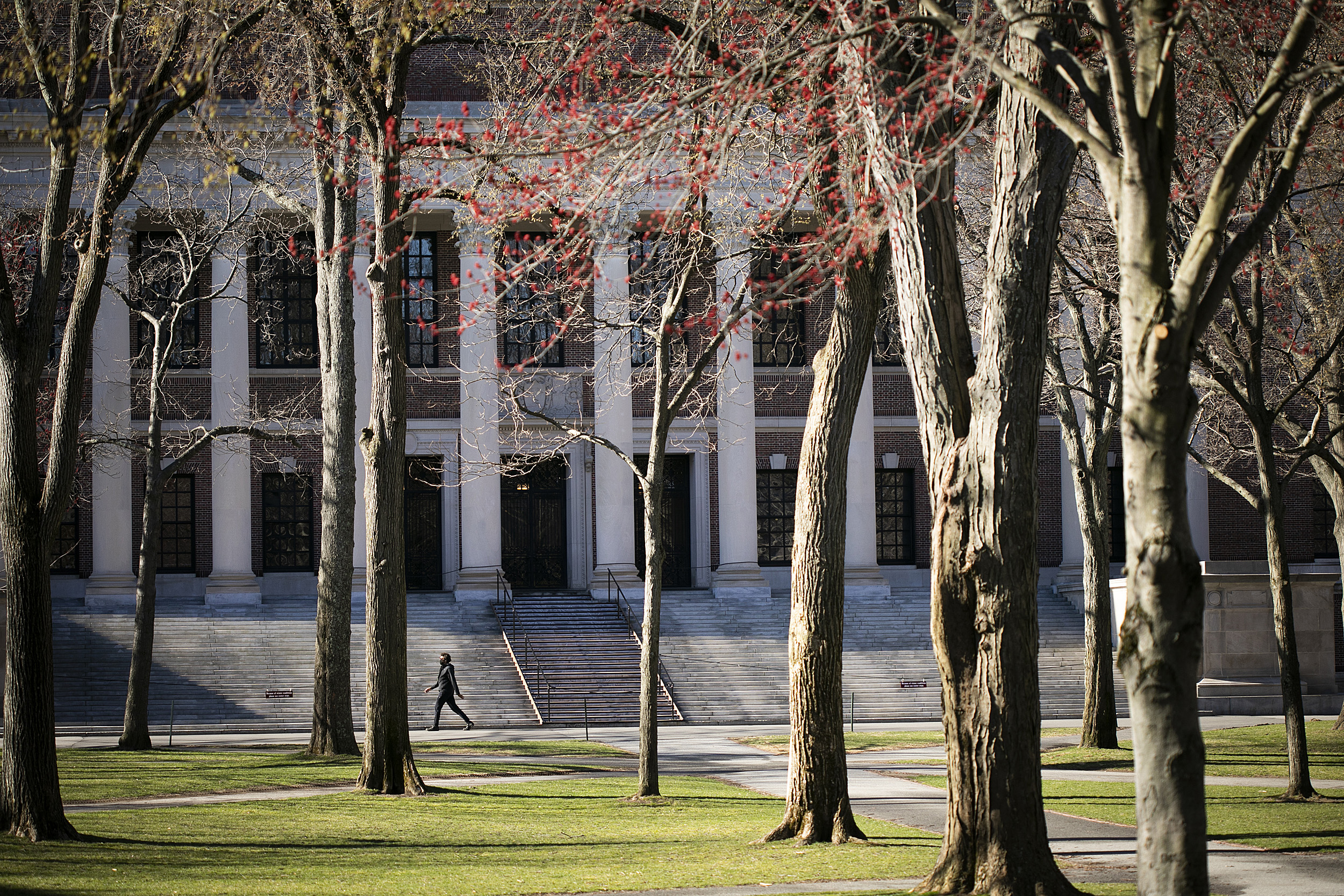
Stephanie Mitchell/Harvard Staff Photographer
Come fall, a new humanities program
On 10th anniversary of Mahindra Center, Arts + Humanities Dean Robin Kelsey and Mahindra’s Suzy Clark announce an initiative to engage with students in research, seminars
Students, faculty, and postdoctoral scholars will have the opportunity to engage more deeply in the humanities, beginning this fall, through two new intersecting programs designed by leaders in the field.
The Intergenerational Humanities (I-HUM) Project and the Undergraduate Scholars Initiative (USI) will provide “a route for students to explore the humanities across Harvard,” said Suzannah Clark, director of the Mahindra Humanities Center, where the I-HUM project is hosted. Clark designed the programs with Robin Kelsey, dean of arts and humanities and Shirley Carter Burden Professor of Photography.
In the Undergraduate Scholars Initiative, interested College sophomores will participate in two seminars over the academic year, each focused on different themes within the humanities. Kelsey and Jennifer L. Roberts, Elizabeth Cary Agassiz Professor of the Humanities, will teach the fall semester seminar, “Making It,” a course focused on the habits of thought that critical interpretation requires. The inaugural spring “Scholars Lab” seminar will be co-taught by assistant professor of English Sarah Dimick and Joyce Chaplin, James Duncan Phillips Professor of Early American History and an affiliate of the Department of Landscape Architecture at the Graduate School of Design, on the theme of “Place and Planet.”
“We focus a lot of attention on the first-years, and sometimes sophomores wonder what is next after they’ve enjoyed the foundational freshman seminar, Humanities 10, or ‘Vision and Justice,’ or other eye-opening courses,” said Kelsey. “If you want to stay on this journey of deepening your understanding and broadening your exposure to the humanities, the Scholars Program is a fantastic way to do it. These seminars are really for everyone, and all that’s required is that somebody wants to spend some intensive time learning what the humanities can offer them.”
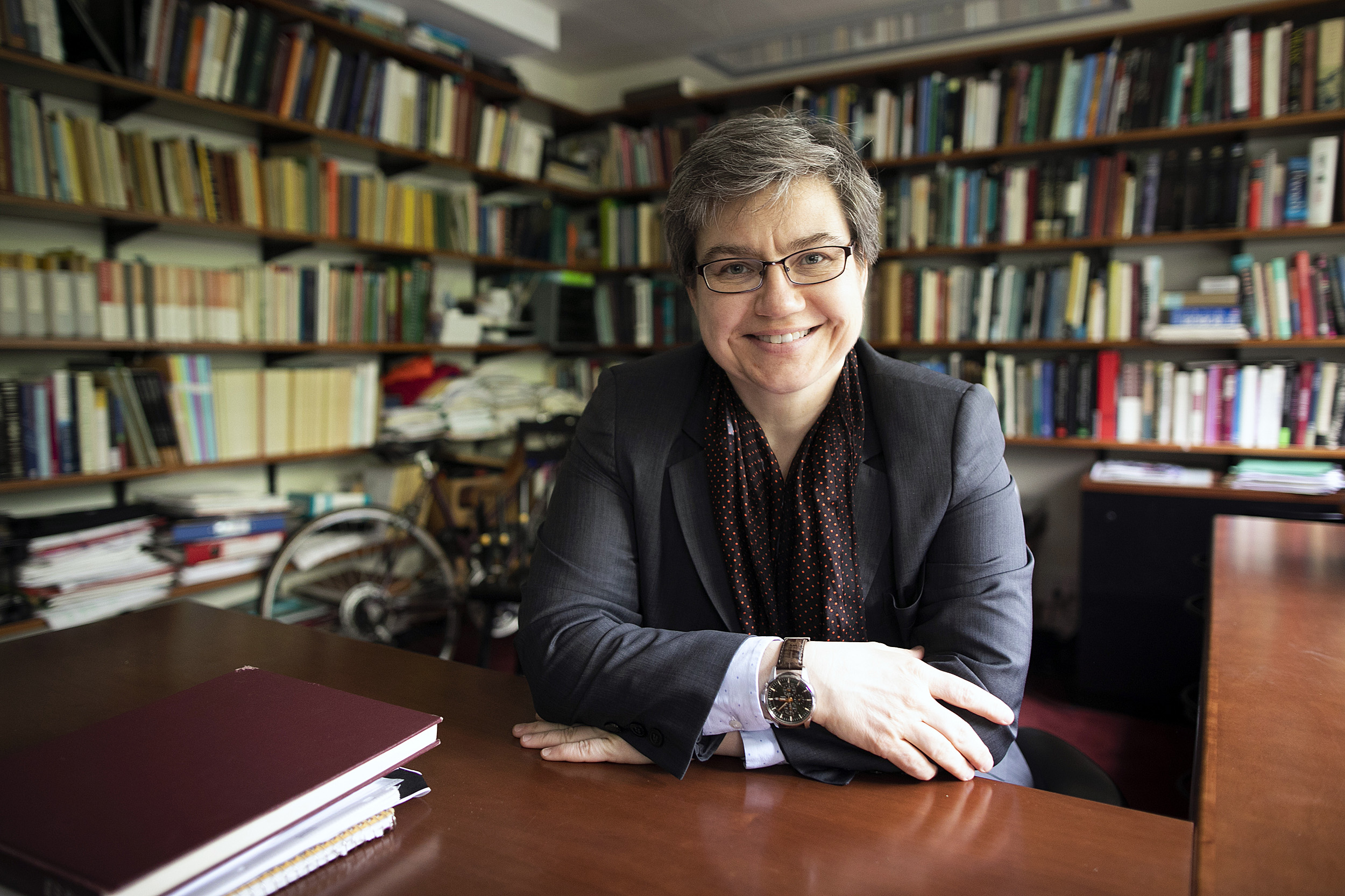
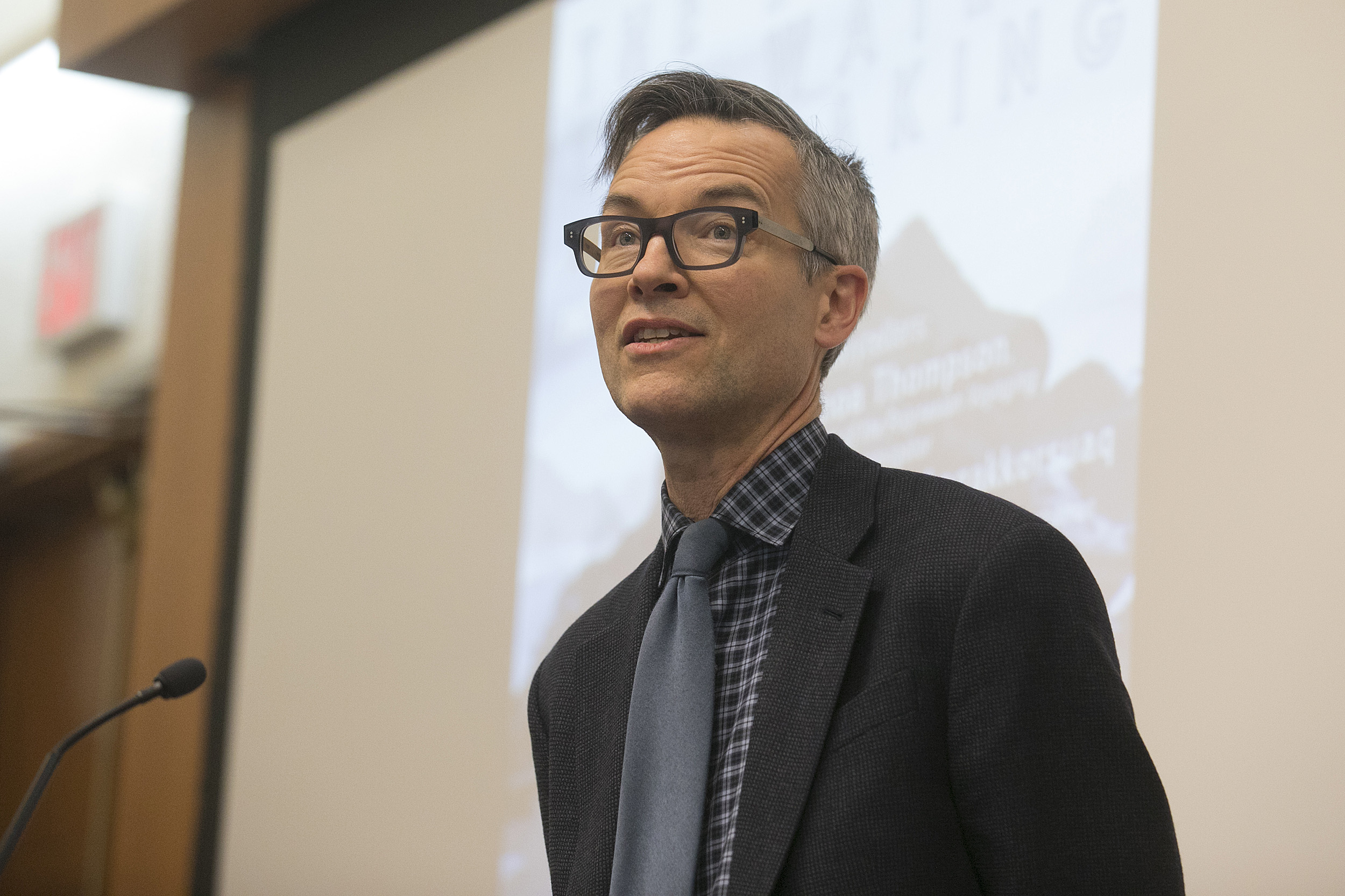
Suzannah Clark and Robin Kelsey
Stephanie Mitchell and Jon Chase/Harvard file photos
“Whether a student wants to be a scientist, a humanist, a social scientist, or an artist, a great deal can be learned from the humanities and from a liberal arts education,” added Clark, Morton B. Knafel Professor of Music and Harvard College professor in the Faculty of Arts and Sciences.
In tandem with the seminars, students will engage in the I-HUM Project, a rotating three-year research project designed by a cohort of interdisciplinary faculty. The same sophomores taking the USI courses will participate in reaching a research milestone for I-HUM as part of their spring seminar capstone projects alongside the faculty leaders and current humanities postdoctoral scholars and graduate students.
Along with Chaplin and Dimick, the first faculty leadership cohort includes Professor of History and Radcliffe Alumnae Professor Tiya Miles and Bruno Carvalho, professor of Romance languages and literatures and African and African American studies, co-director of the Harvard Mellon Urban Initiative, and affiliated professor in urban planning and design at the Graduate School of Design. The group will design a three-year research project focused on the “Place and Planet” and the environmental humanities more broadly.
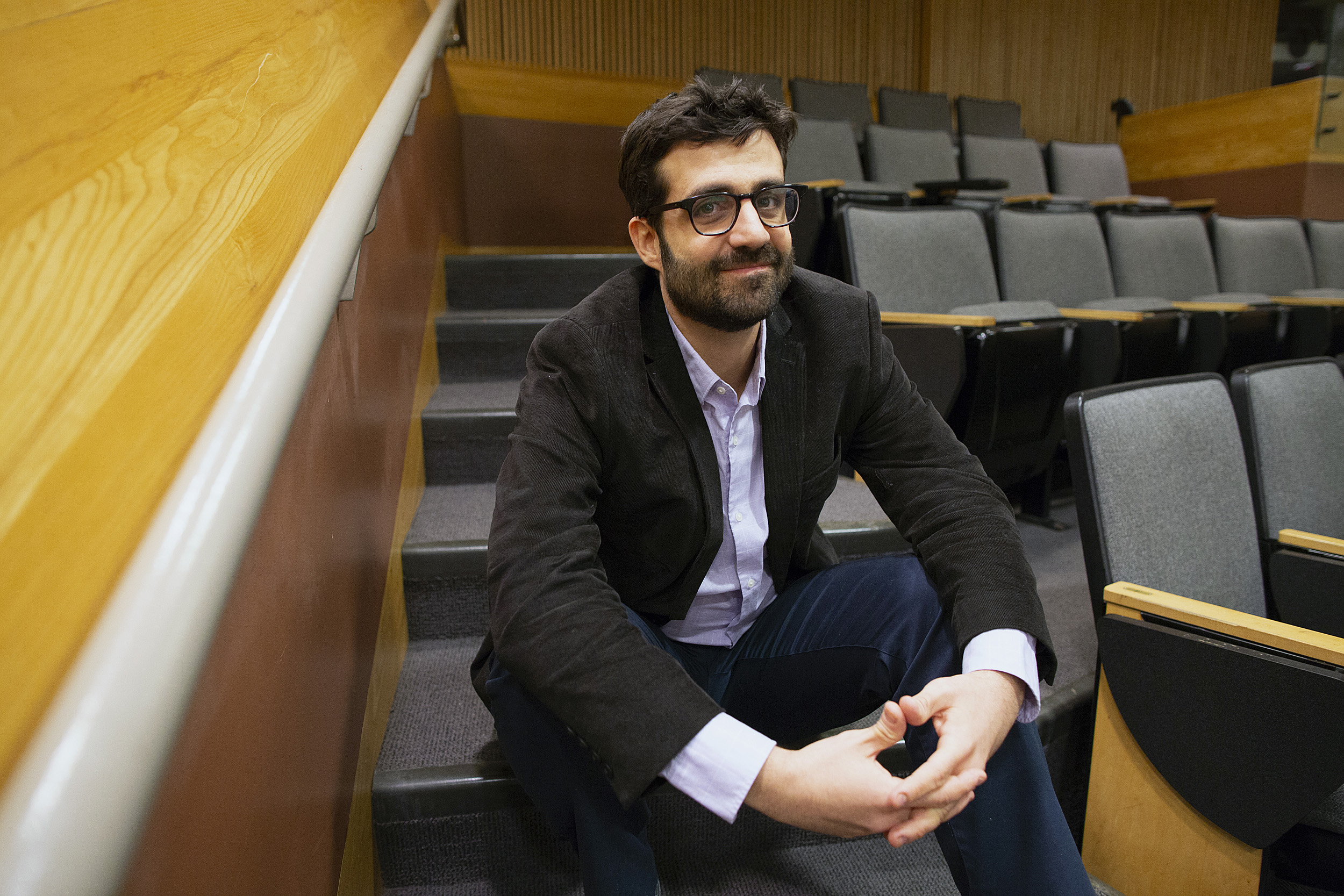
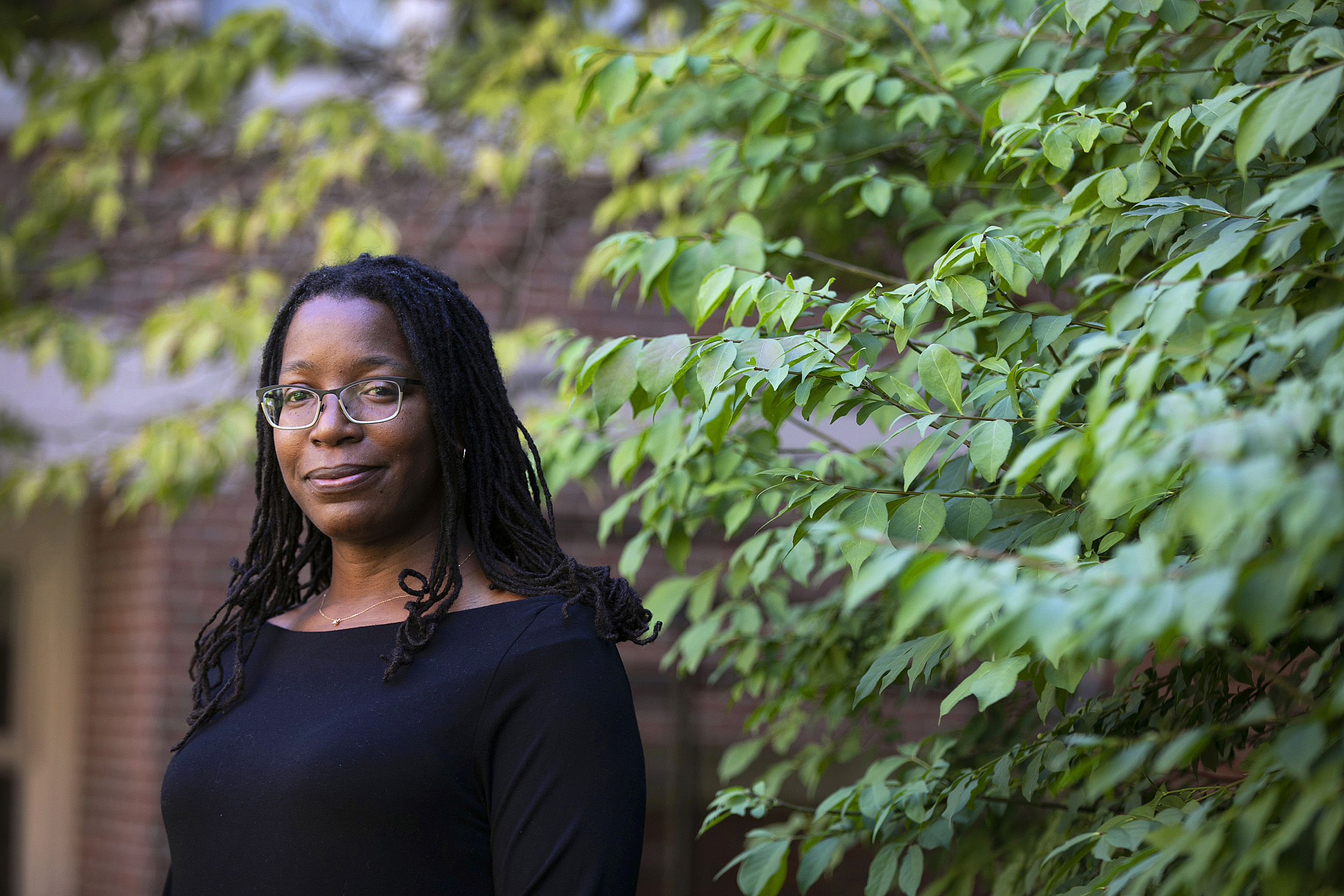
Bruno Carvalho and Tiya Miles.
Stephanie Mitchell/Harvard file photos
Chaplin was eager to participate in the pilot program and to collaborate with colleagues on academic and possibly public-facing pursuits.
“Not all work in the humanities can be done in a group this way, but given that we’re living inside several crises at the moment, teamwork and pooling energy, resources, and knowledge is something humanists need to start to think about more,” said Chaplin. “We want to give students the knowledge and confidence to think about and understand the world through humanities education and give them an experience where they can create something concrete and work with other people to address very large concerns such as, ‘What is the state of the planet, and what is Harvard’s place within that larger planetary crisis?’”
The investment in the humanities coincides with the 10-year anniversary of the renaming of the Mahindra Center for the Humanities. The center supports scholarship and education around the humanities at Harvard and was first created as the Center for Literary Studies in 1984.
“We’re launching these initiatives during the 10th anniversary year of the Mahindra Humanities Center because they celebrate the humanities at Harvard in particular,” said Clark, who assumed the center’s helm last year. “We plan to continue to amplify the ways in which the humanities contribute to social justice, equity, ethics, and civics.”
“People have a view of the humanities as a solitary pursuit of the scholar reading books and engaged in a monologue of the mind, and I think that’s completely misleading because the humanities actually happen when people come together and exchange ideas,” said Kelsey. “We want to put that collective nature of learning and the humanities to the fore so that students can understand early in their College education that the humanities are a thoroughly social and collective enterprise. We want them to understand the power of those conversations with respect to pushing knowledge forward and changing our understanding of the world.”
He added: “We are living in a world that’s beset by troubles, and that world needs the humanities right now. It may seem as though these troubles are calling for a technical solution, but oftentimes, it’s been a kind of mindless pursuit of the technical that has actually produced these problems. Having the imagination of the humanities in one’s personal repertoire is an amazing benefit if one is going to go out in the world and make it better.”




